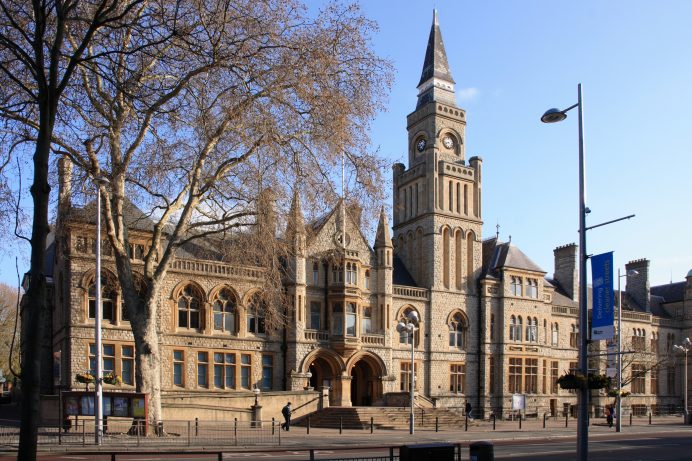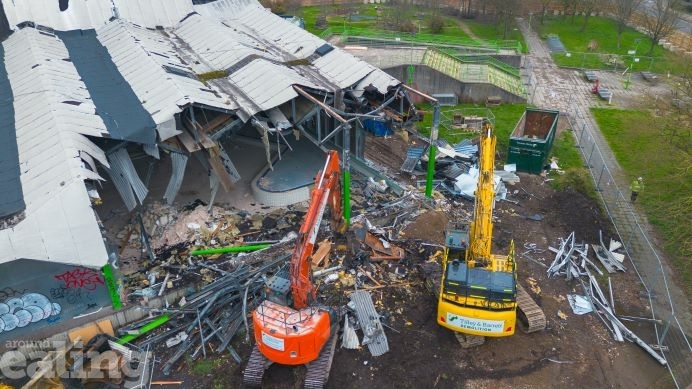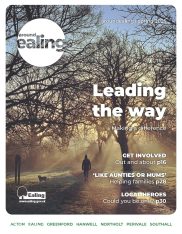Proposals to fund crucial council services for the next financial year and beyond have been published and will be discussed first by Ealing’s cabinet and then at a meeting of all councillors in March.
Here for you when you need help
“Although we’re having to make tough decisions again this year, thanks to global economic insecurities and rising interest rates, we’re making sure we’ll be here when you need us by investing in key services,” said Councillor Steve Donnelly, the council’s cabinet member for inclusive economy, ahead of its annual budget-setting meeting on 22 February.

Around 60p in every £1 that the council spends goes towards helping adults and children in need of care. And demand for these services has further increased over the last year. The council needs to support our ageing population, continue the long recovery from the COVID-19 pandemic, and look after those young people in our borough who suffered the most.
The cost of living crisis is also hitting people hard, particularly those households on lower incomes. The council is doing as much as it can to soften the blow. This includes the council tax reduction scheme, one of the most generous in the country, which sees support provided to 24,000 local people, including 14,000 people who will benefit from a full 100% reduction.
The council’s local welfare assistance scheme can also help with other essential costs. And there are now four community hubs at Ealing, Acton, Northolt and Southall libraries, providing face-to-face advice.
You can find a full list of support available on the council website’s cost of living pages.
“Communities rightly expect that the council will provide support when it’s needed,” said Councillor Donnelly. “Our hard-up households, which bore the brunt of the problems caused to the economy by the pandemic, are now struggling at the sharp end of the cost of living crisis and need help.

“We’ve also got a range of other support available – such as making it easier to get help to pay for food and essential bills through our local welfare assistance scheme. And the four community hubs at Ealing, Acton, Northolt and Southall libraries.
“In November, the council decided to expand its council tax reduction scheme, meaning that we have one of the most supportive schemes in the country.
“Having invested to make sure that home care workers in Ealing get paid the Real Living Wage, the council is now working to do the same for all care workers, boosting their incomes.”
Council tax
When the government made its decisions about how much money it would allocate to councils, it assumed that councils would raise council tax by the maximum amount allowed. Therefore, more than 90% of the councils across London are recommending the maximum 2.99% council tax rise in 2023/24.
Ealing’s cabinet have reluctantly agreed to propose the same rise and – again, like most of London’s councils – is also proposing to add the government’s 2% adult social care precept to bills, helping with the increasing costs of caring for the borough’s older people and adults with learning difficulties and disabilities.
Social care continues to be the biggest bill that the council pays – with costs rising every year as more people need support.
‘Delivering on the promises we made’
Councillor Peter Mason, leader of Ealing Council, said: “Despite these challenging economic times, we remain as committed as ever to delivering on the promises we made to the residents of Ealing: Bringing well-paid jobs back to our borough, tackling the climate emergency and fighting the deep-rooted inequalities that hold too many people back from achieving their hopes and dreams.
“We will always challenge ourselves to find better and more cost-effective ways of delivering, and we’ve been able to balance the gap in the cost of doing just that, while still delivering on our promises.
“But, after more than 10 years of government cuts, inflation at a 30-year high thanks to bad economic decisions at government-level, and with more people than ever needing support, extra funding is needed.”







